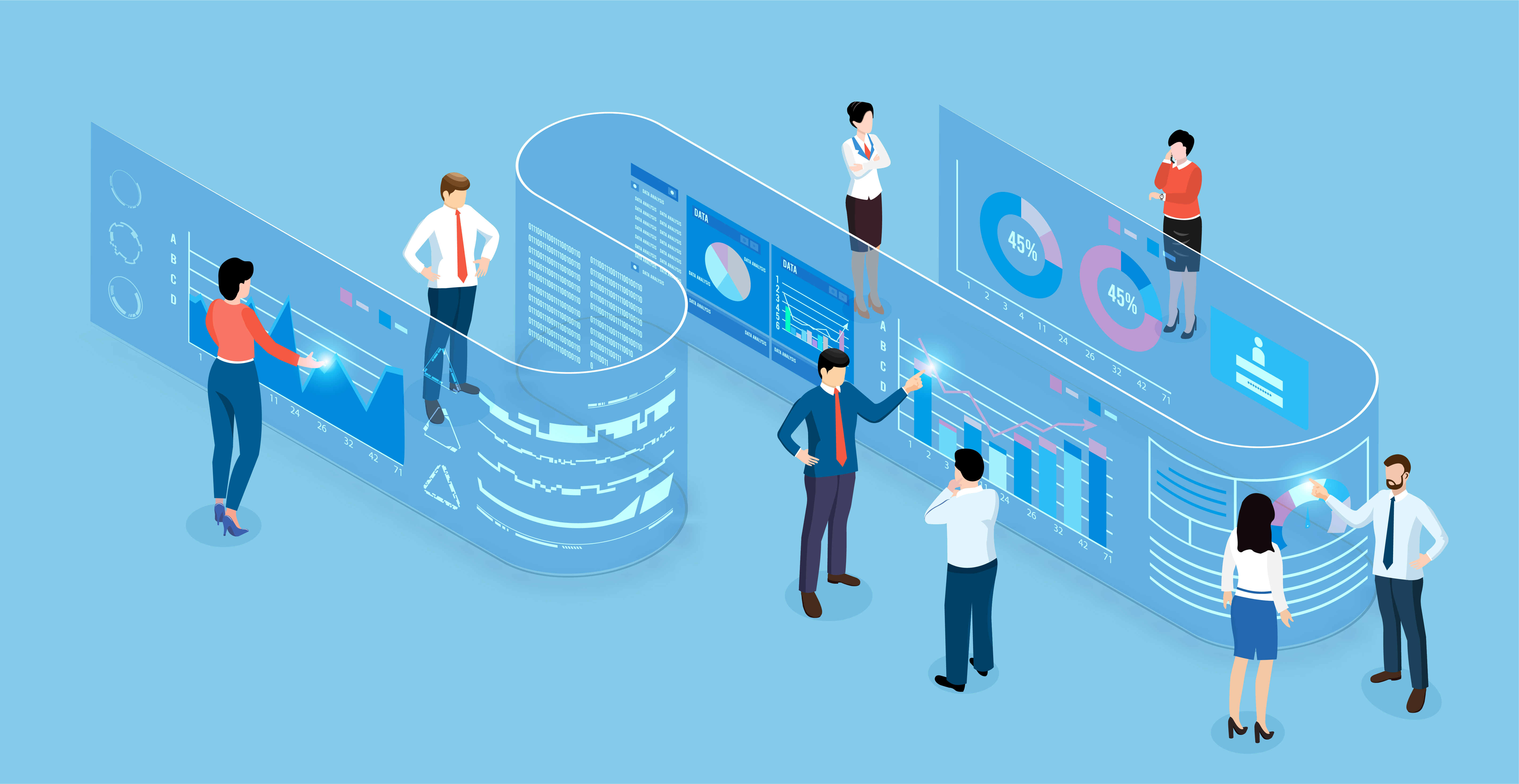ERP vs Data Warehouse – do you need both? To answer this question, firstly you need to understand the purpose of each and understand what they can do for your business.
We often speak to businesses who think that an ERP will solve all of their problems – including reporting! Whilst it’s true that an ERP will provide a view of your overall operations, this data is exclusively operational. A Data Warehouse enables you to build a single source of truth and use your data for Business Intelligence (BI), Management Information (MI) and reporting. In turn, this will fuel growth and enable cost savings.
Put simply, your ERP gives you an overview of what’s happening in your business today. A Data Warehouse enables insight on the past, present and future of your business.
What are ERPs and Data Warehouses?
To better understand the difference, firstly let’s define ERP and Data Warehouse:
- ERP - Enterprise Resource Planning. A piece of software implemented by organizations to manage day to day business operations
- Data Warehouse - A central repository of integrated data from multiple disparate sources, used for analysis and reporting
What are ERPs and Data Warehouses used for?
Now, let’s take a look at how businesses use ERPs and Data Warehouses and what they can do.
ERP
Businesses implement ERP software to manage the day to day activities and organize the flow of data from the process start to finish. From accounting and procurement to project management and supply chain operations, human resources and customer relationship management, an ERP will integrate business processes and information across the organization. As a result, business users can see the end to end journey of a product or service. ERP software connects all internal company processes into a common set of applications that share a common database.
Modern ERP systems tend to include BI, MI, reporting and analytics. However, they are always limited in what they can do, with only templated reports available.
Data Warehouse
A Data Warehouse is a purpose-built data management system designed to house all types of data, for analytics and BI purposes. It enables users to ascertain industry trends, forecast sales and understand customer journeys and behaviors. End users can perform queries on the Data Warehouse to uncover insight on both current and historical data. A Data Warehouse centralizes large volumes of data from multiple, previously disparate sources, removing data silos. Over time, it builds a record which is invaluable to business analysts. This subsequently enables them to surface data for decision making and growth.
The business case for both
So, do you need both?
ERPs don’t store data in a manner that supports analysis and reporting as they cannot hold large volumes of data or allow custom data exploration. Moreover, an ERP cannot be a single source of truth; due to system incompatibilities they cannot collect all data sources – concrete examples include marketing data, such as Google Analytics, Facebook Ads and Google AdWords. This is where the Data Warehouse comes in.
Providing a single version of the truth from all sources for analytics, BI and reporting, it enables your managers to answer business questions.
In short, it’s not ERP vs Data Warehouse; it’s ERP + Data Warehouse. Your ERP provides a lot of the important data, so should be connected to your warehouse, to enable forecasting, analysis and reporting alongside other data sets.


